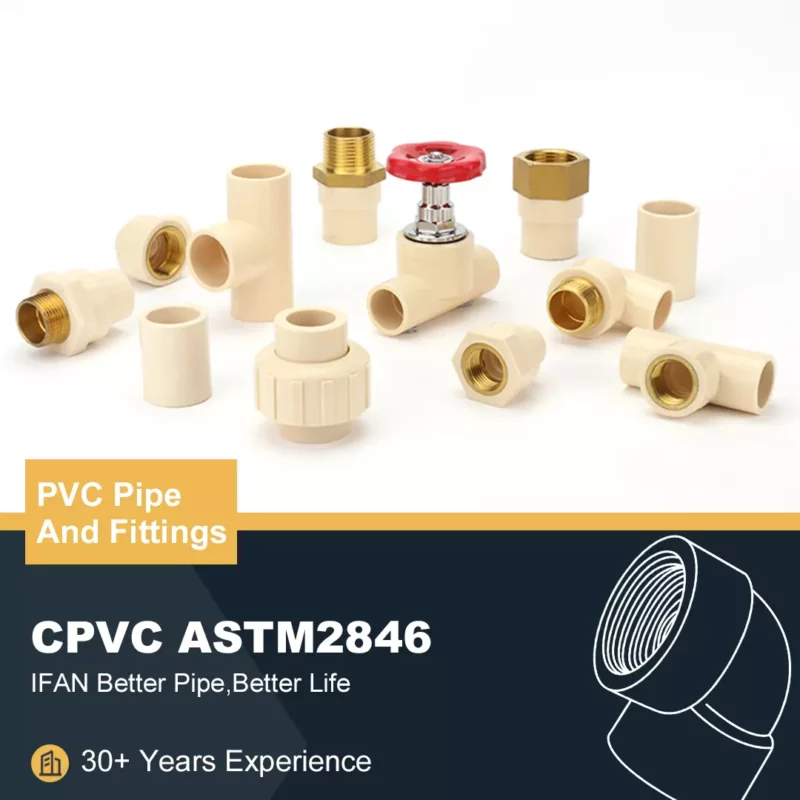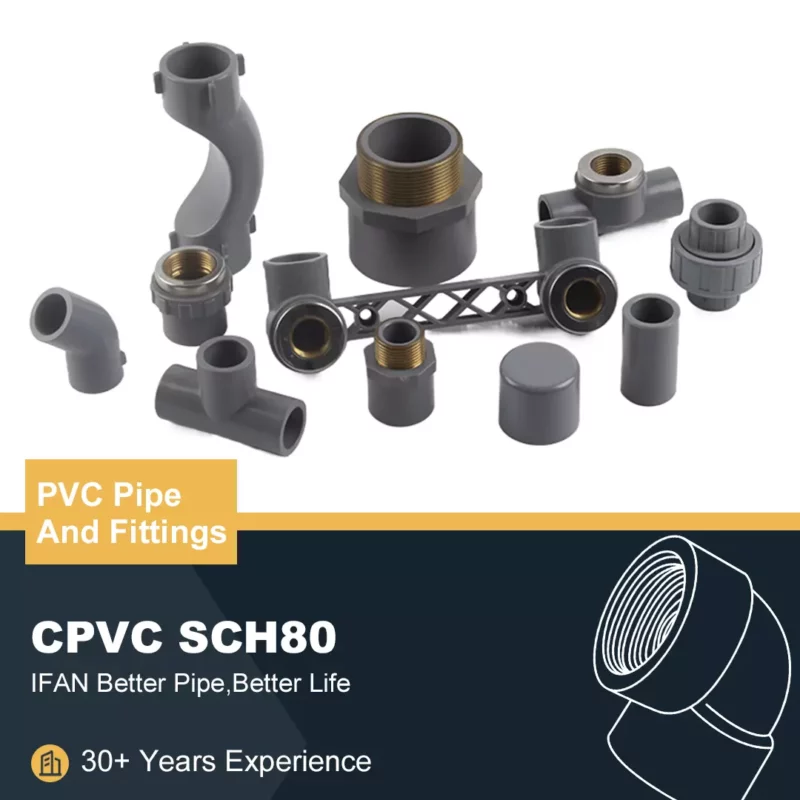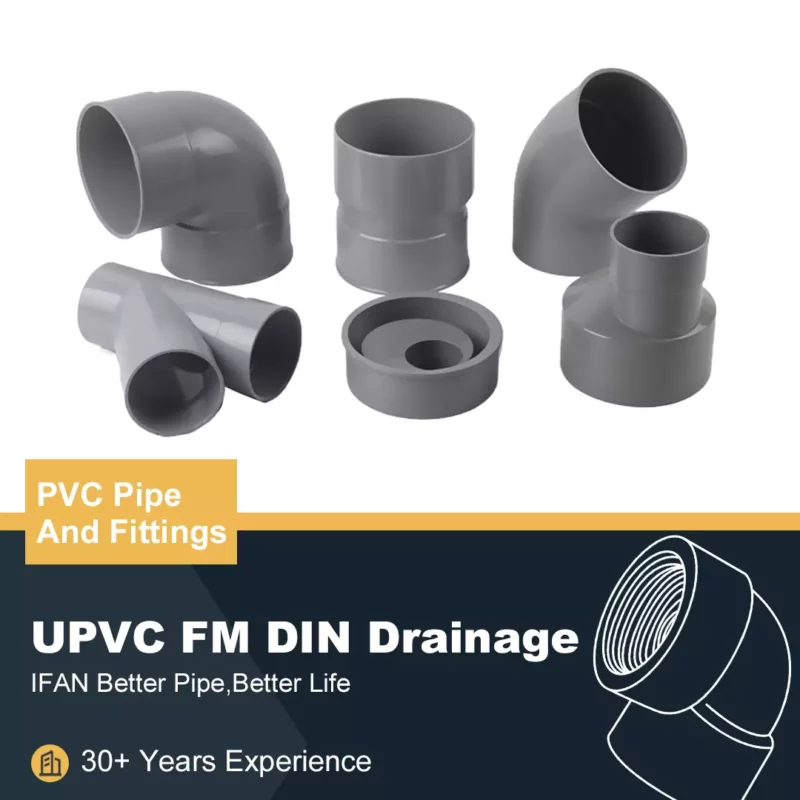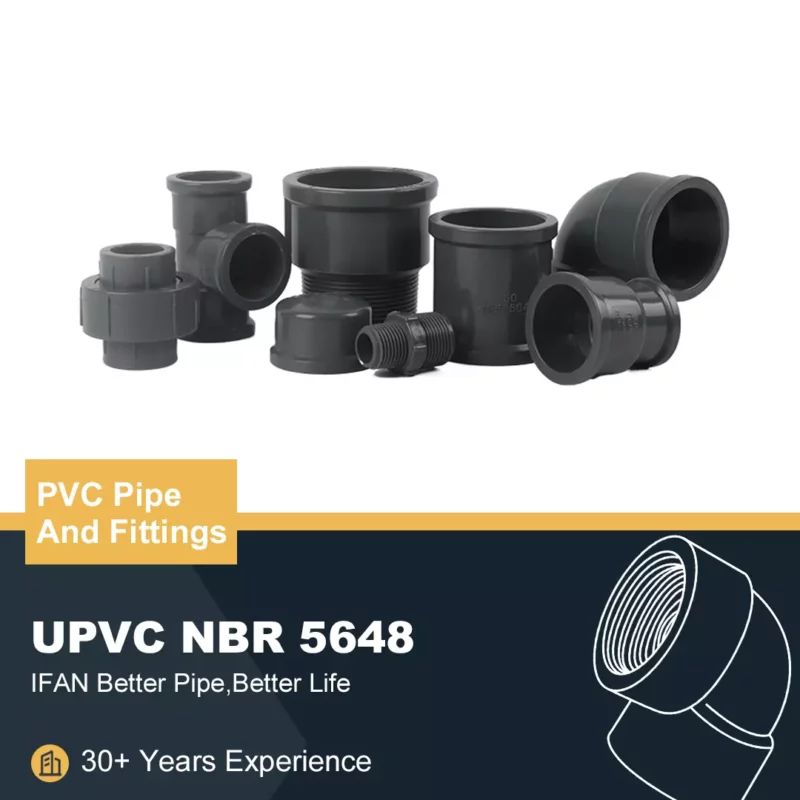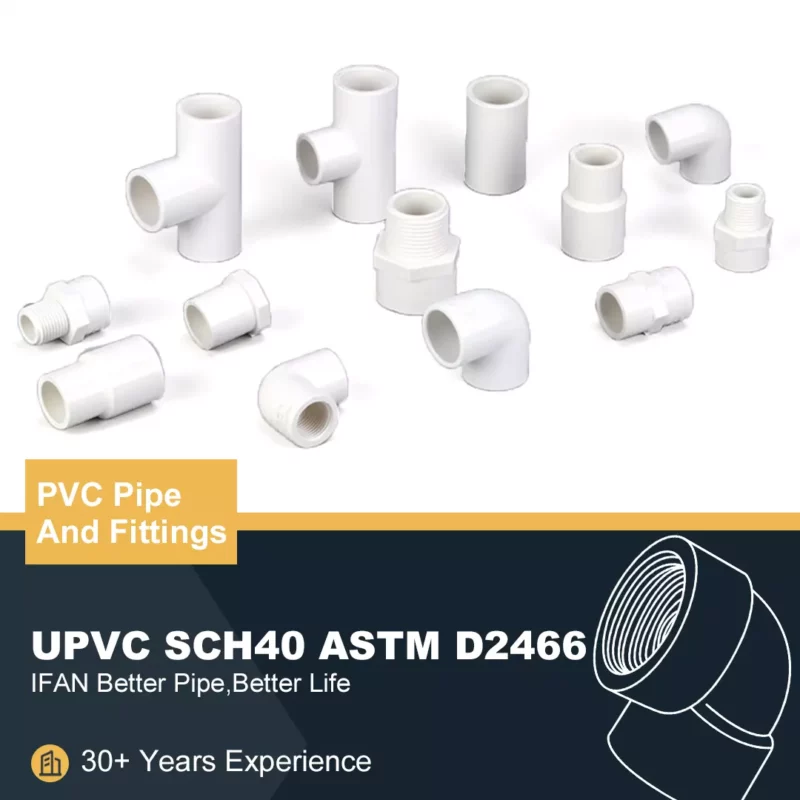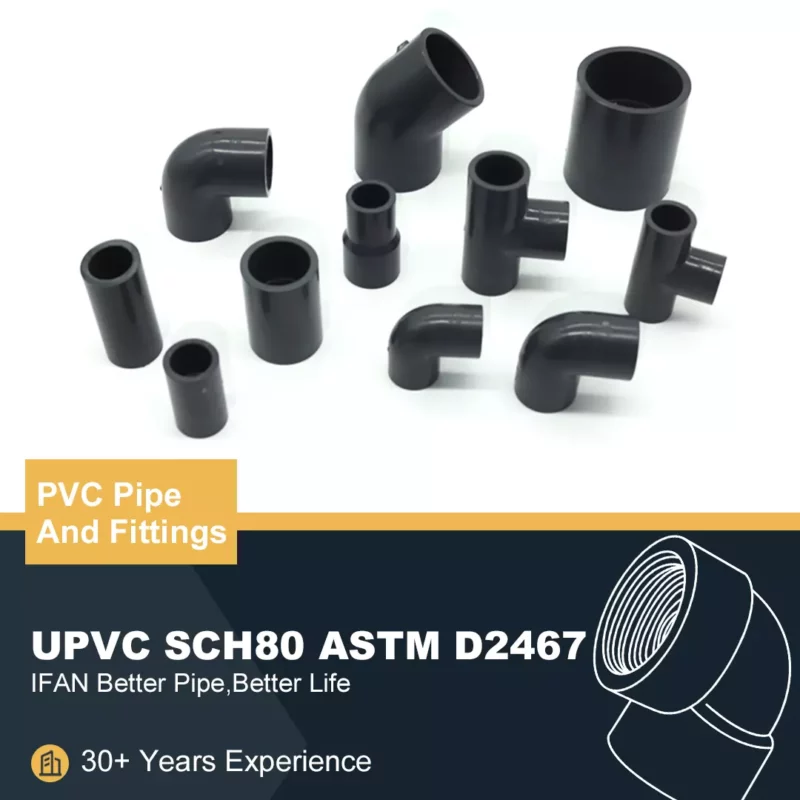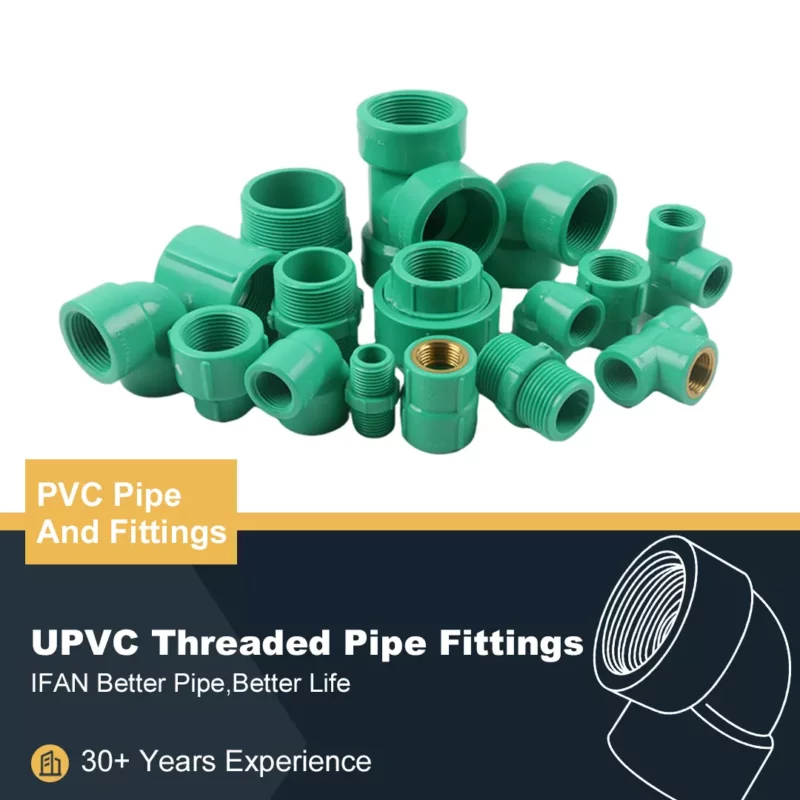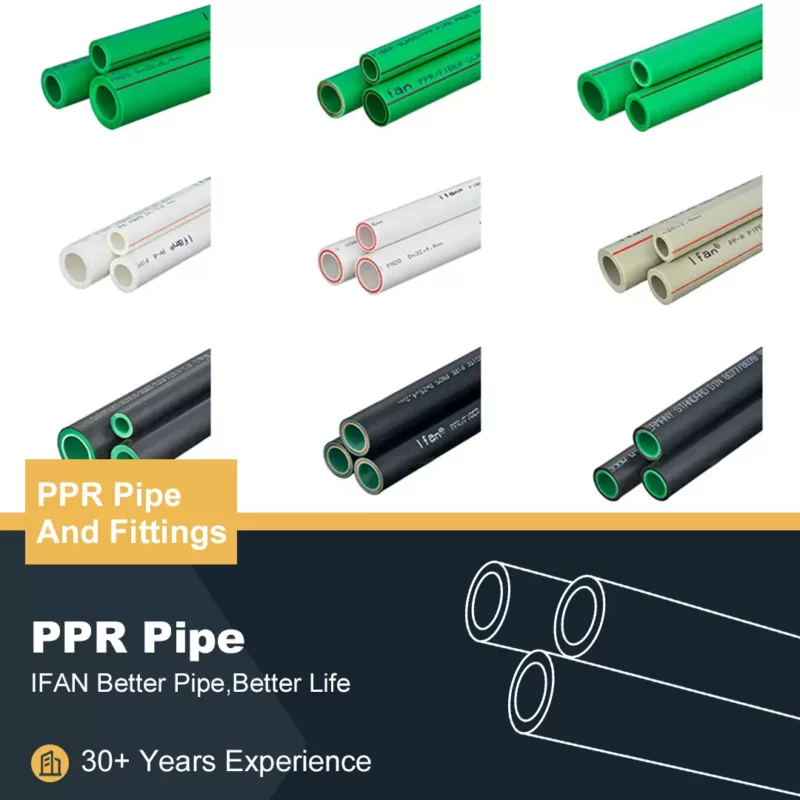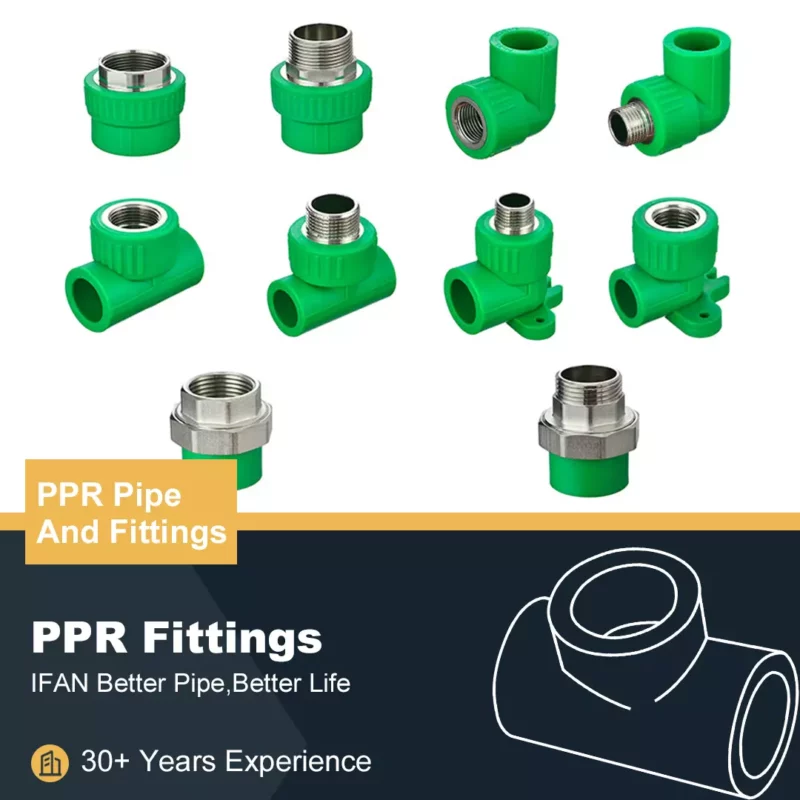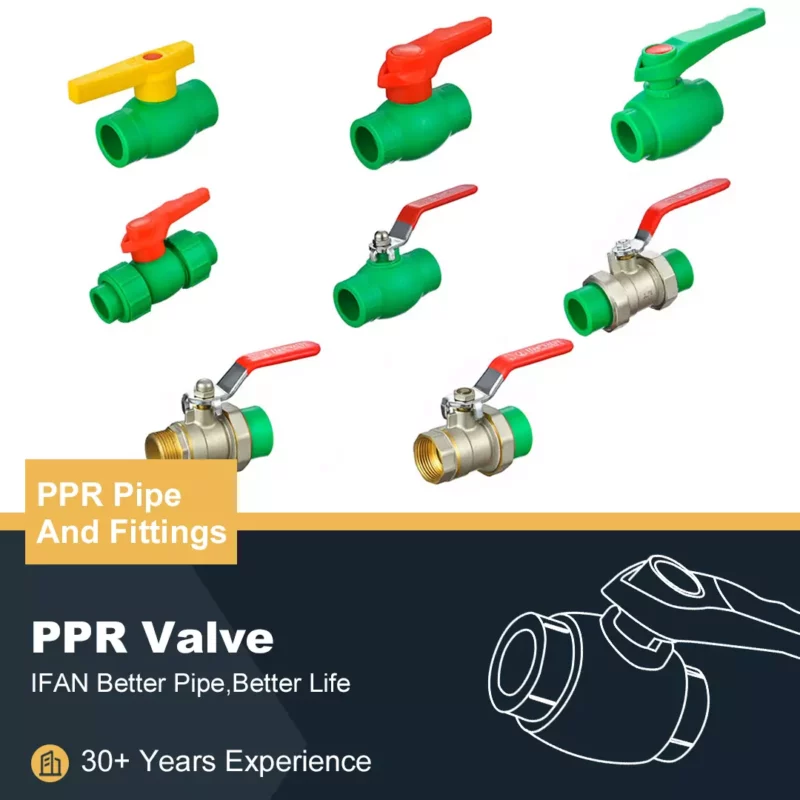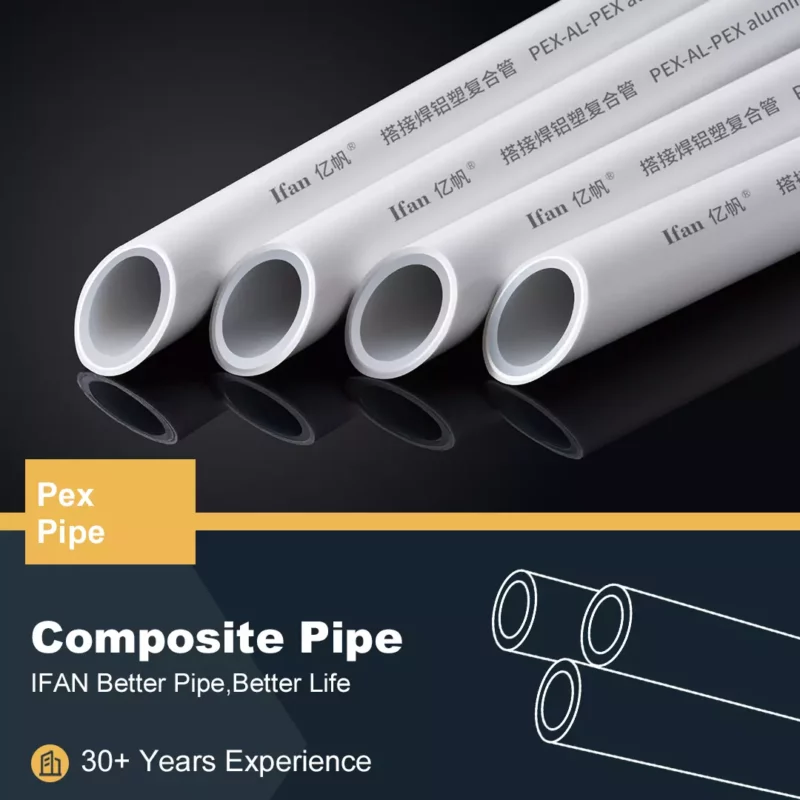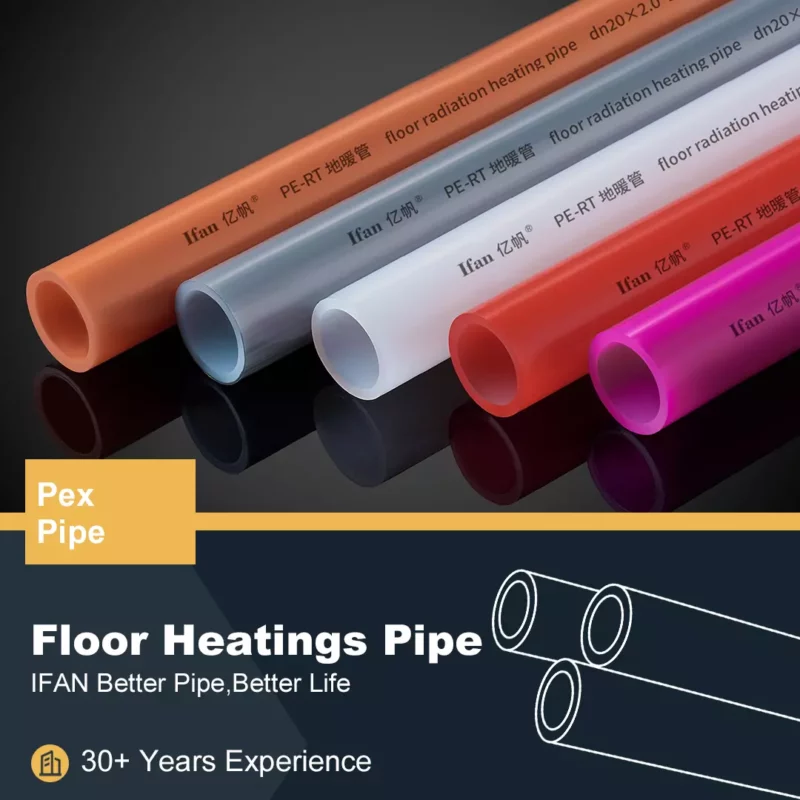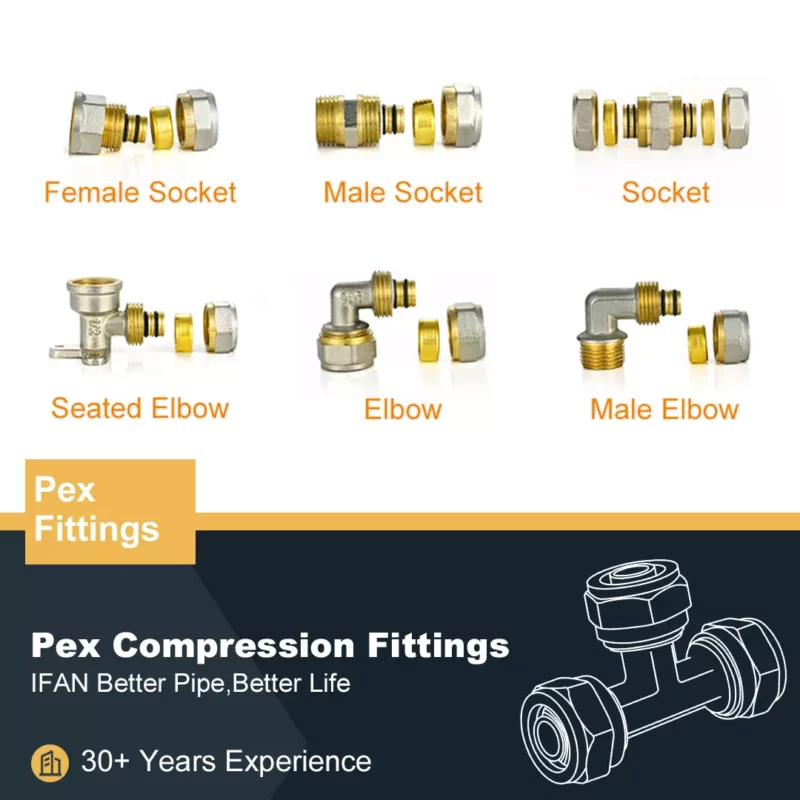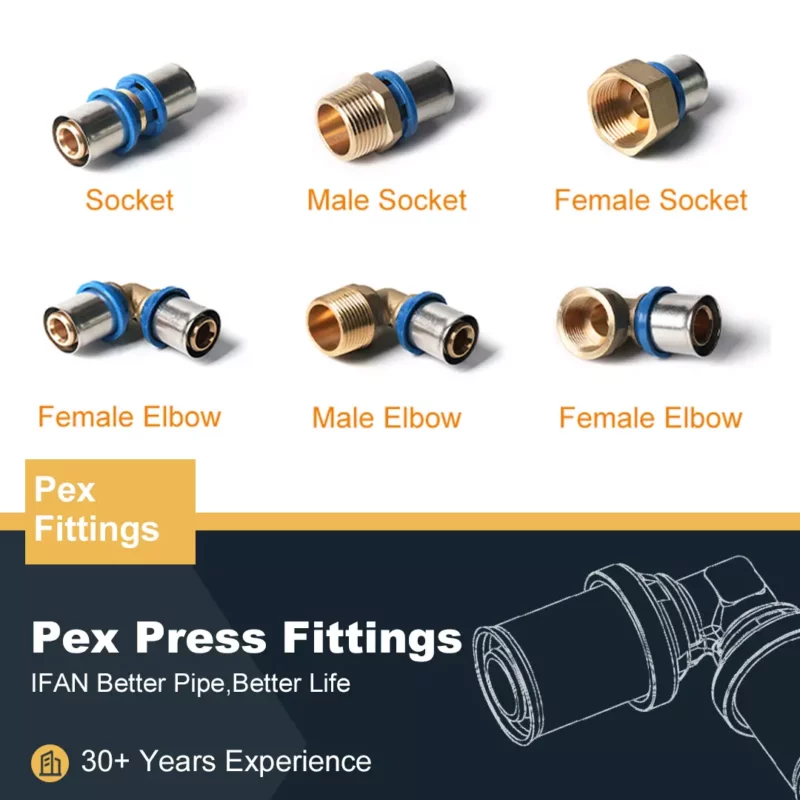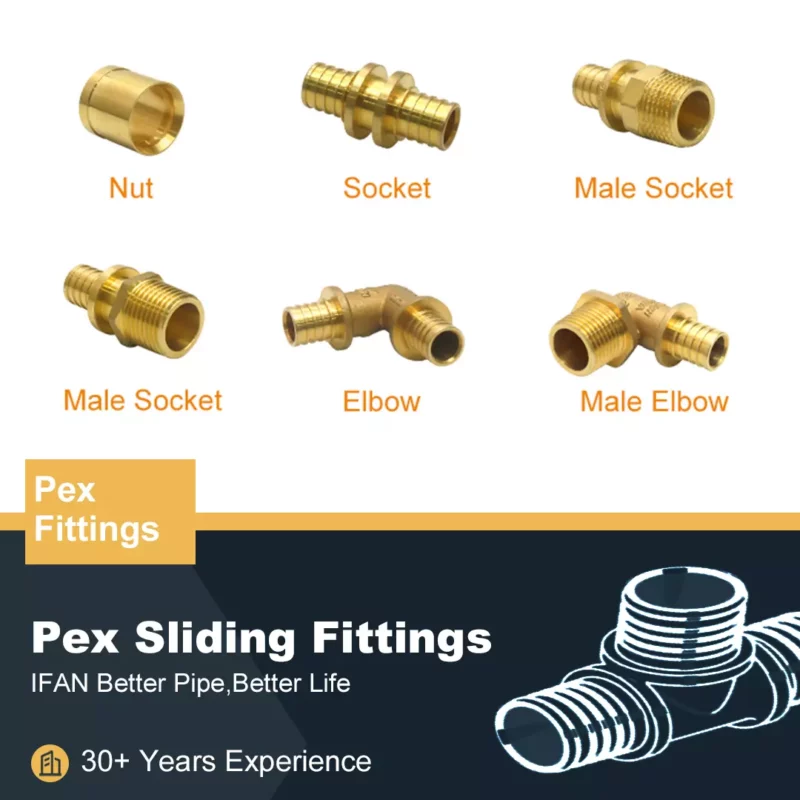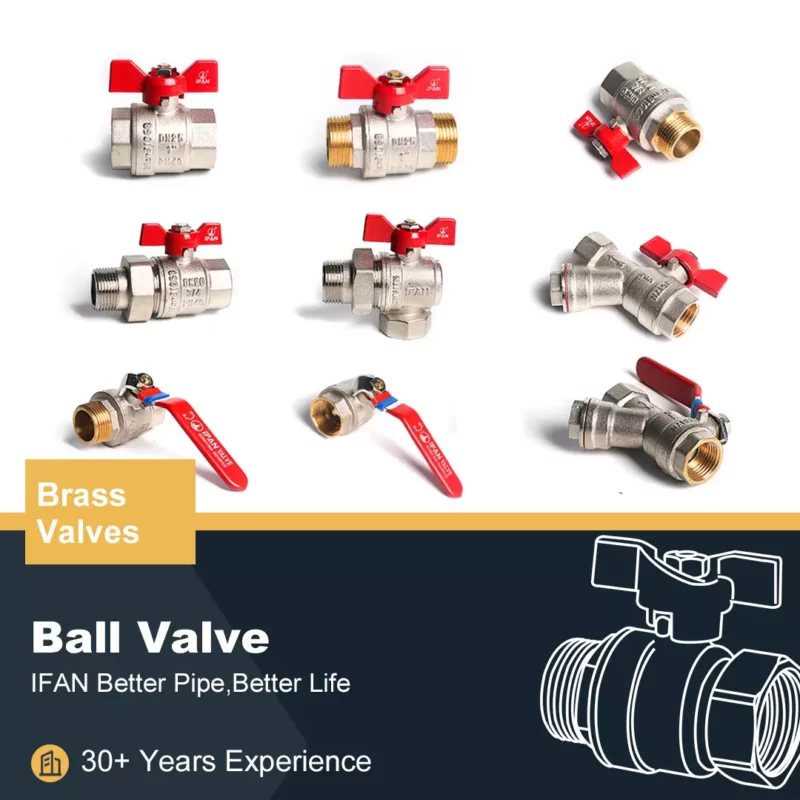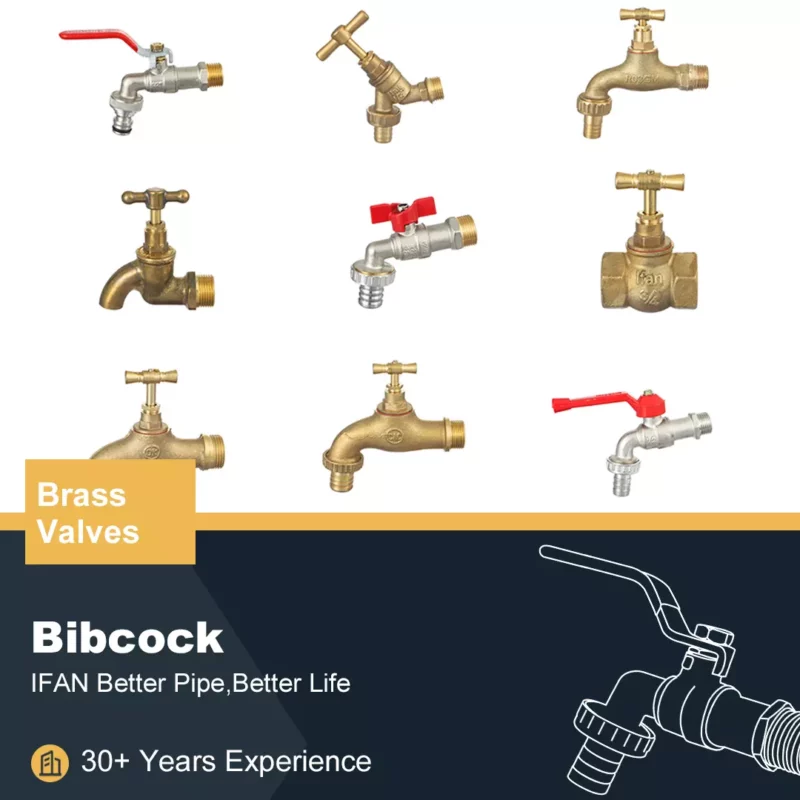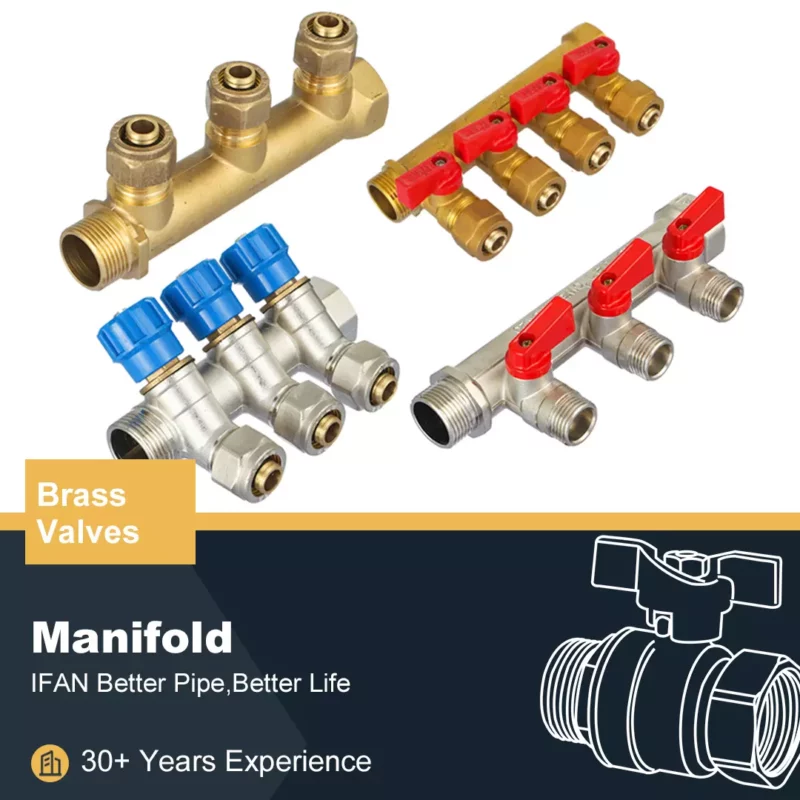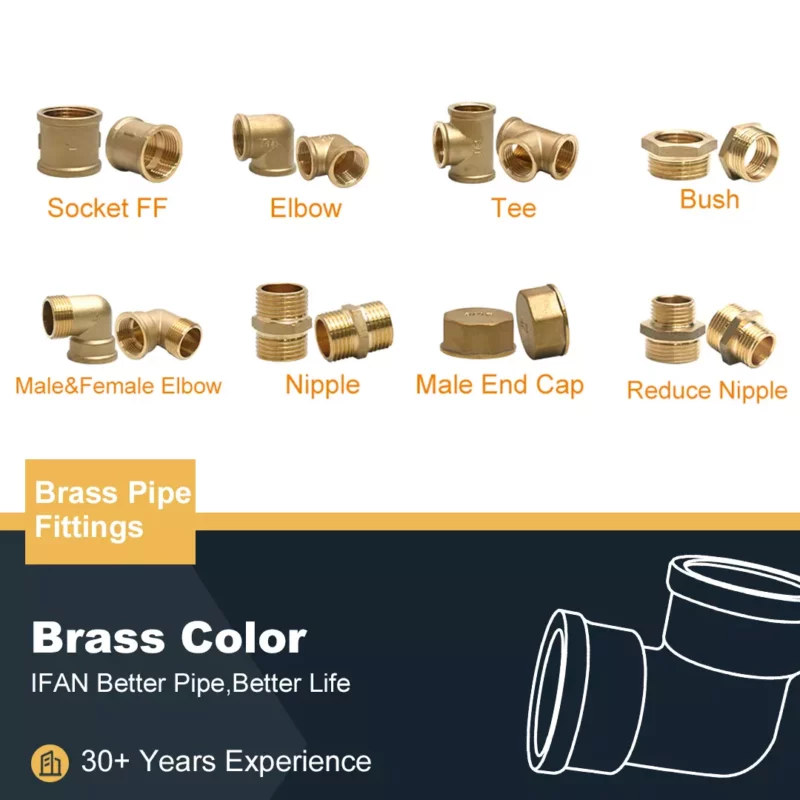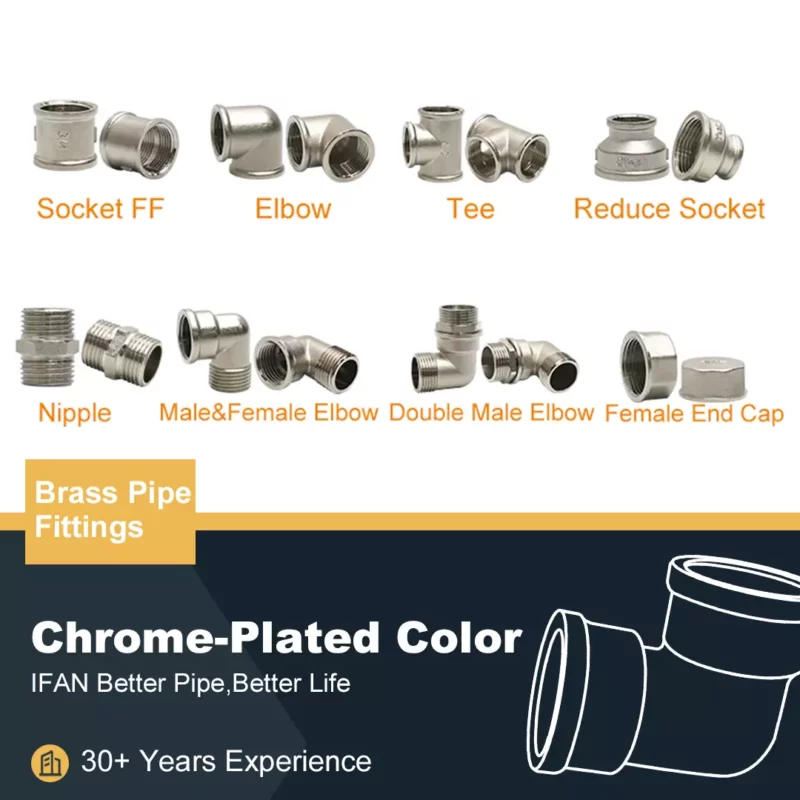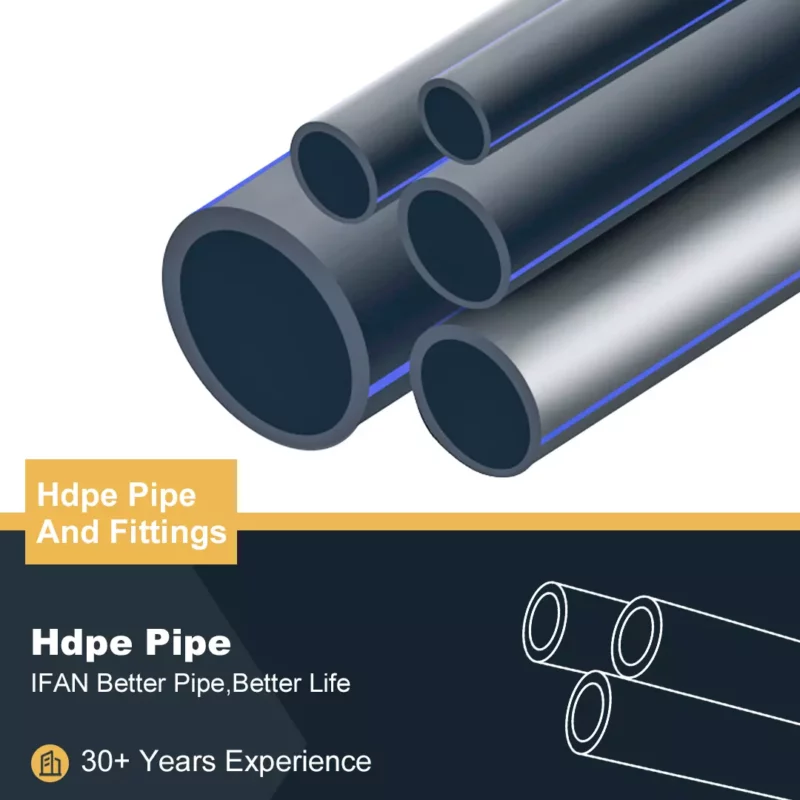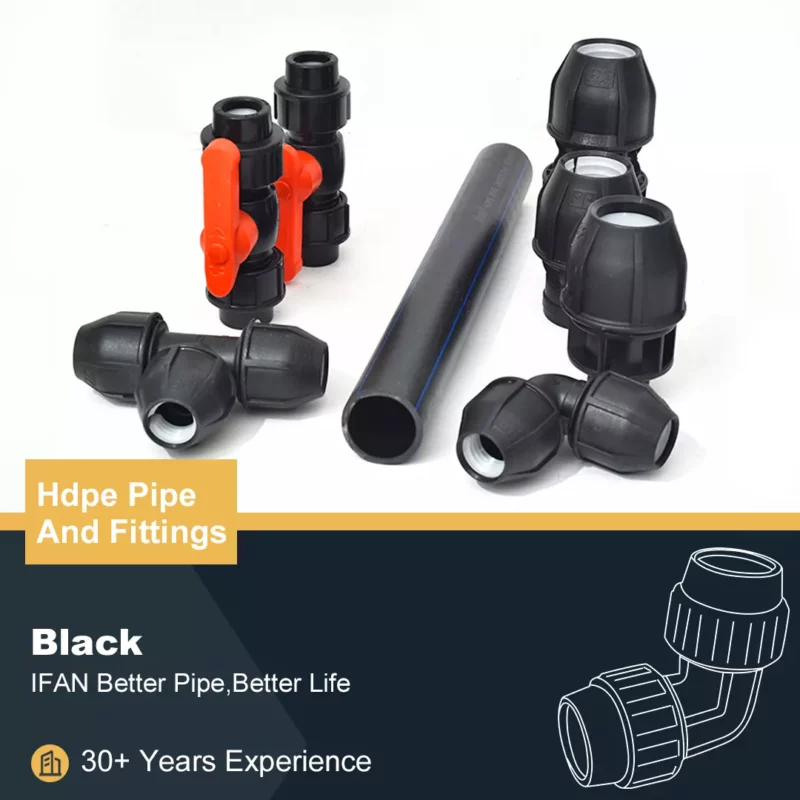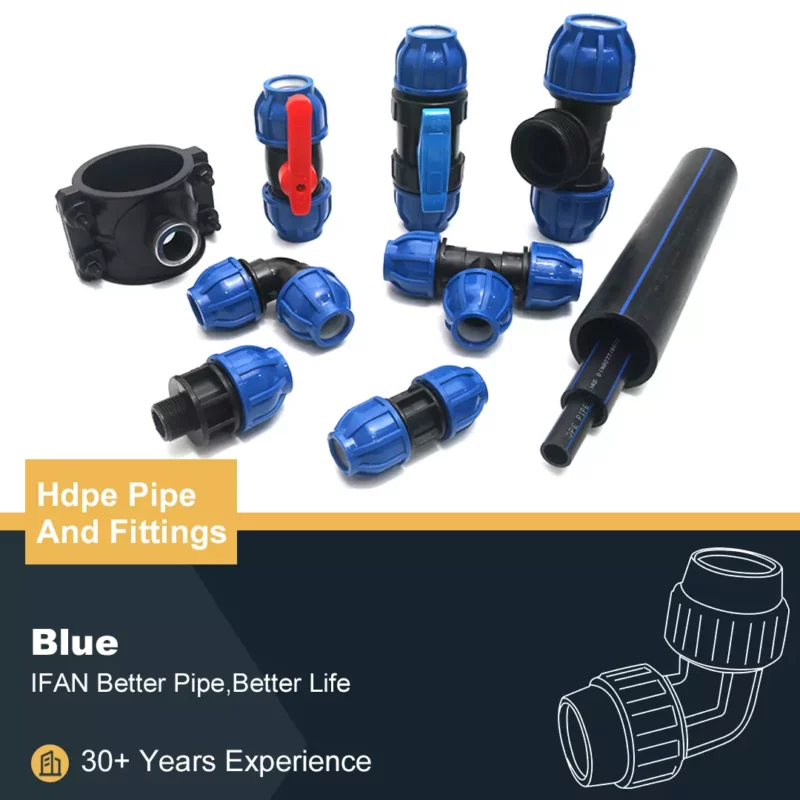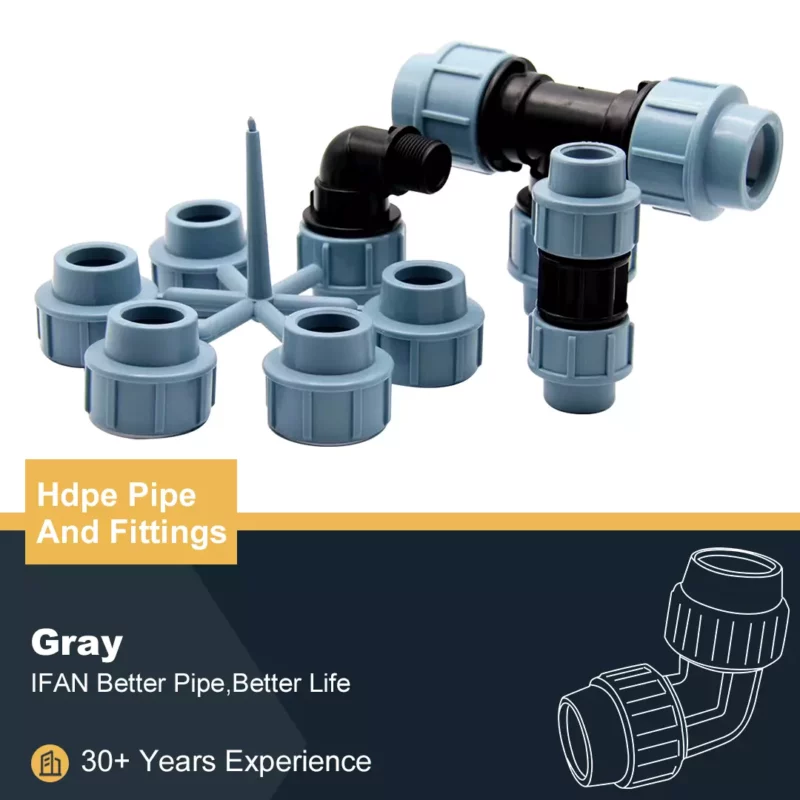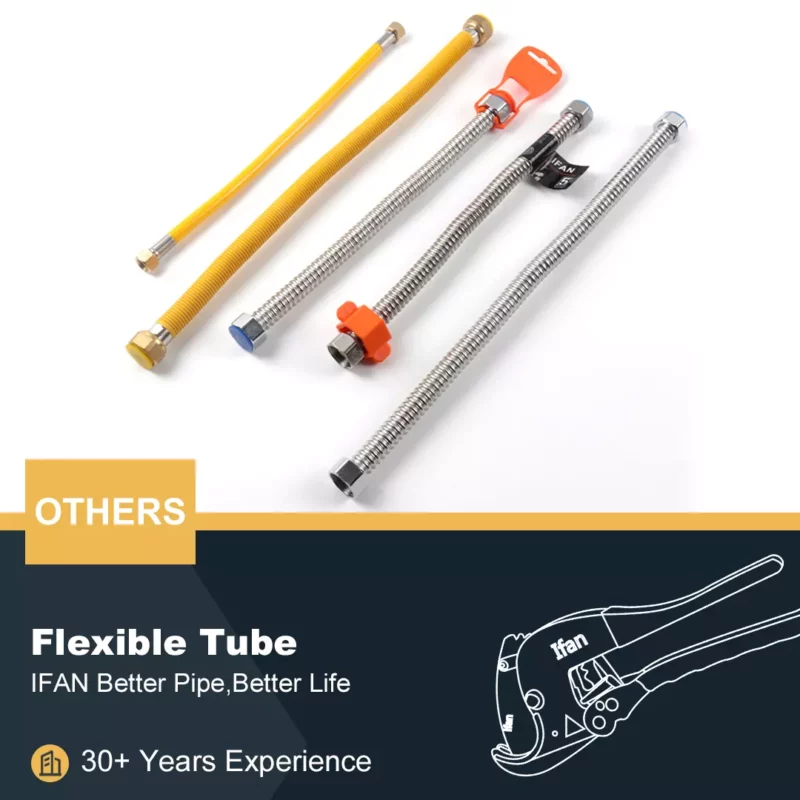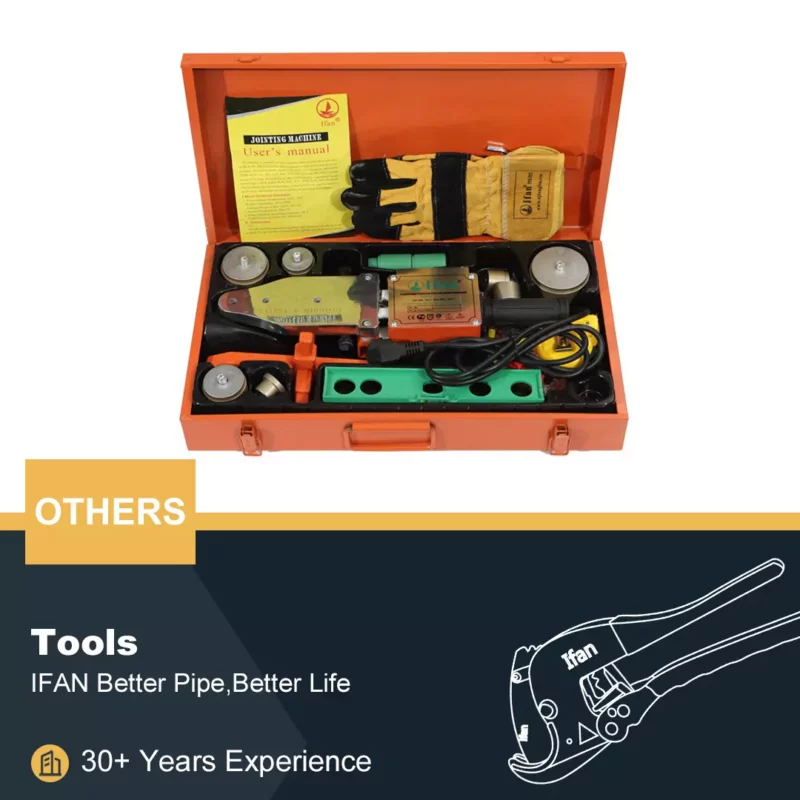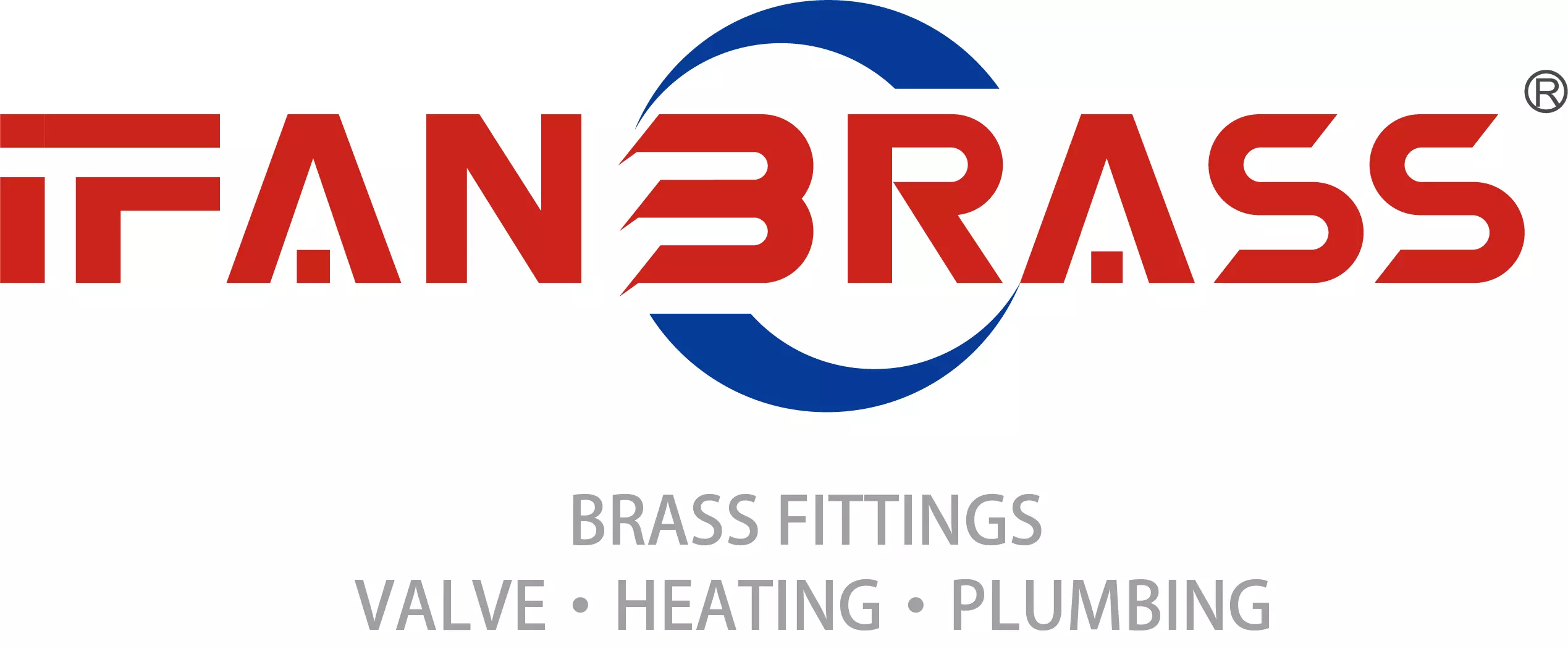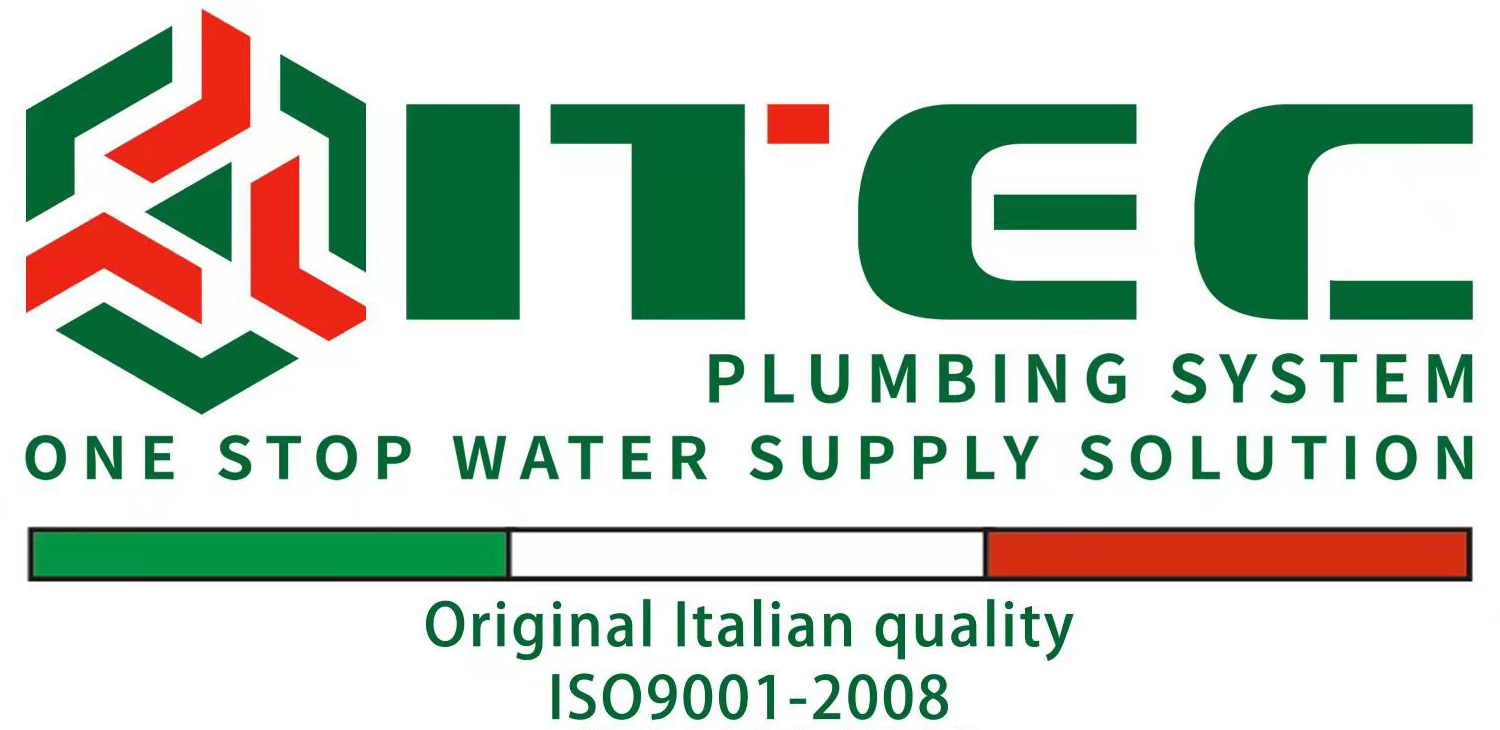Brass filter valves play a vital role in HVAC systems, ensuring optimal performance and longevity. These valves prevent contaminants from entering the system, protecting vital components like compressors and heat exchangers. This article explores the significance, applications, and benefits of them in HVAC systems.
Understanding Brass Filter Valves
Brass filter valves are designed to remove impurities from fluids in HVAC systems. They contain a mesh filter that captures debris, dirt, and particles. This filtration process is crucial for maintaining system efficiency. For instance, a clogged filter can restrict airflow, leading to increased energy consumption. By using brass filter valves, HVAC systems can operate smoothly and efficiently.
Benefits of Using Brass
Brass is a popular material for filter valves due to its durability and resistance to corrosion. Unlike plastic, brass can withstand high temperatures and pressures. This makes it suitable for various HVAC applications. For example, in commercial HVAC systems, they endure harsh conditions while providing reliable performance. Their longevity reduces the need for frequent replacements, saving costs in the long run.
Applications in Residential HVAC Systems
In residential HVAC systems, brass filter valves are commonly used in air conditioning units and furnaces. They help maintain clean air by filtering out dust and allergens. For example, a well-maintained brass filter valve can improve indoor air quality significantly. Homeowners benefit from healthier living environments, as contaminants are minimized.
Integration in Commercial HVAC Systems
Commercial HVAC systems rely heavily on brass filter valves to manage larger volumes of air and fluid. In office buildings, these valves protect chillers and boilers from damage caused by particulate matter. For instance, a brass filter valve installed in a chiller prevents dirt from clogging the system. This integration enhances system efficiency and prolongs equipment life.
Installation Considerations
Proper installation of them is essential for optimal performance. Valves should be placed in accessible locations for routine maintenance. For example, installing a valve near the air handler allows easy access for cleaning. Additionally, ensuring that the filter mesh is of the right size prevents excessive pressure drop, maintaining system efficiency.
Maintenance Best Practices
Regular maintenance of them is crucial for their effectiveness. Homeowners and facility managers should clean or replace filters periodically. For instance, a simple inspection every six months can prevent buildup. This proactive approach ensures that the HVAC system operates efficiently, reducing energy costs and extending the lifespan of equipment.
Environmental Impact
Brass filter valves also contribute to environmental sustainability. By maintaining HVAC efficiency, they help reduce energy consumption. For example, an efficient system uses less electricity, resulting in lower carbon emissions. As energy efficiency becomes a priority, they play a key role in promoting eco-friendly practices in HVAC systems.
Compatibility with Other Components
Brass filter valves are compatible with various HVAC components, including pumps, compressors, and heat exchangers. This versatility allows for seamless integration into existing systems. For example, a brass filter valve can be paired with a variable-speed pump to optimize performance. This compatibility enhances overall system reliability and efficiency.
Challenges and Solutions
Despite their advantages, brass filter valves can face challenges, such as clogging and wear over time. To mitigate these issues, regular maintenance is essential. For instance, installing a bypass line allows for continued system operation during maintenance. This solution ensures that HVAC systems remain functional even when filter valves are being serviced.
Future Trends
The HVAC industry is evolving, with increasing emphasis on energy efficiency and smart technology. Brass filter valves are likely to adapt to these trends. For example, integrating sensors that monitor filter condition can enhance maintenance strategies. These advancements will ensure that they remain relevant and essential in future HVAC systems.
Conclusion
In summary, brass filter valves are crucial components in HVAC systems, offering numerous benefits. Their durability, efficiency, and compatibility make them indispensable in both residential and commercial applications. By ensuring proper maintenance and installation, users can enhance system performance and longevity. As the industry advances, the will continue to play a key role in sustainable HVAC practices.
If you have read this article and have any questions, please feel free to contact IFAN. Below is our contact information:
Whatsapp:+86 13373827623
Email:[email protected]

